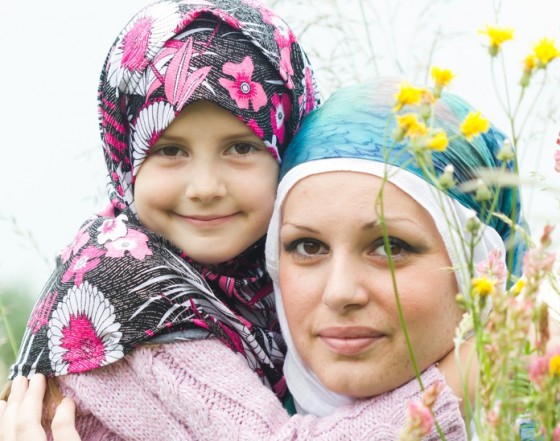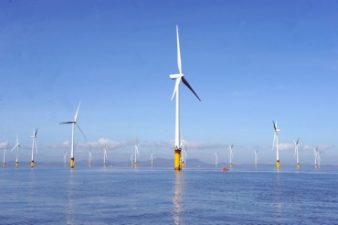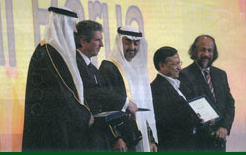 Banking on Masdar to lead the Arab world in sustainability in 2013?
Banking on Masdar to lead the Arab world in sustainability in 2013?
With over 50 percent of the world’s oil and gas reserves the Middle East is not the likeliest place to be witnessing a green revolution, but with climate change running its course and oil prices rising through the roof, the region, and especially the Gulf countries, believe they can lead the charge to a greener and more sustainable future. Coming off a year that saw numerous gains for the renewable energy sector, including solar, wind and biogas, the region is ready to take on 2013 with a little bit more green in its focus. Masdar in Abu Dhabi is arguably the most prominent figure in this new revolution, which could easily be dubbed the Arab Green Spring.
According to Nawal al-Hosany, the director of sustainability at Masdar, their portfolio is expanding and the region is getting on board the movement away from traditional greenhouse gas emitters to push solar and wind energy to the forefront of development of energy.
Masdar has already erected the world’s first zero-emission city and hopes that this is simply the cusp of greater development of the alternative energy sector that already has experts pointing to the Gulf region as the world’s leader in renewable energy infrastructure development.
The question is, can these countries and companies follow through on their projects, which are slated to be operational by the end of 2013. If so, the region could easily see a large percentage of energy coming from non-traditional sources, and may well be a litmus test for the future of the global push towards greener technologies. It won’t mean a dramatic change from relying on fossil fuels in the immediate future, but it will put the region on track to show that green energy is not only possible, but profitable.
In an interview with Green Prophet earlier this month, Al-Hosany said that the Gulf region is prime for change, in both energy infrastructure from a governmental top-down aspect as well as societal. People are ready for solar and wind energy.
“The MENA region, and especially the Gulf States, has an opportunity to leverage its expertise in energy and move into new sectors, including wind and solar power,” she said.
“The future energy mix will include renewables, and we should embrace this transition. In addition, the region also has an abundant solar resource – an energy we should tap into to address energy security and our rising demands. Although the region’s renewable resources have been underexploited, technology advances and increased deployment are now making certain forms of clean energy economically viable across the region,” she added.
On top of the simple reality that the region is quickly catching the eyes of international companies to invest in their renewables sector, Al-Hosany believes that women can help lead the charge. She’s already showing it to be possible in her own capacity.
“When it comes to the region, women have an active voice in the climate change discussion. However, we can all do more, regionally and globally. The fact is climate change affects women differently, especially underprivileged, uneducated and un-empowered women. Women form the majority of the 1.3 billion people living in poverty in the world,” she said.
Bringing renewable energy to the forefront of a multiplicity of issues, both economic and cultural, could help bring change that reaches beyond our consumption to assist in dramatic societal changes that will only be a boost to the ongoing efforts of countries and corporations to be greener.
Image of mother and daughter from Shutterstock




The oil-producing Arab nations have the money and technology to safely recycle 100% of their waste materials. Will they?